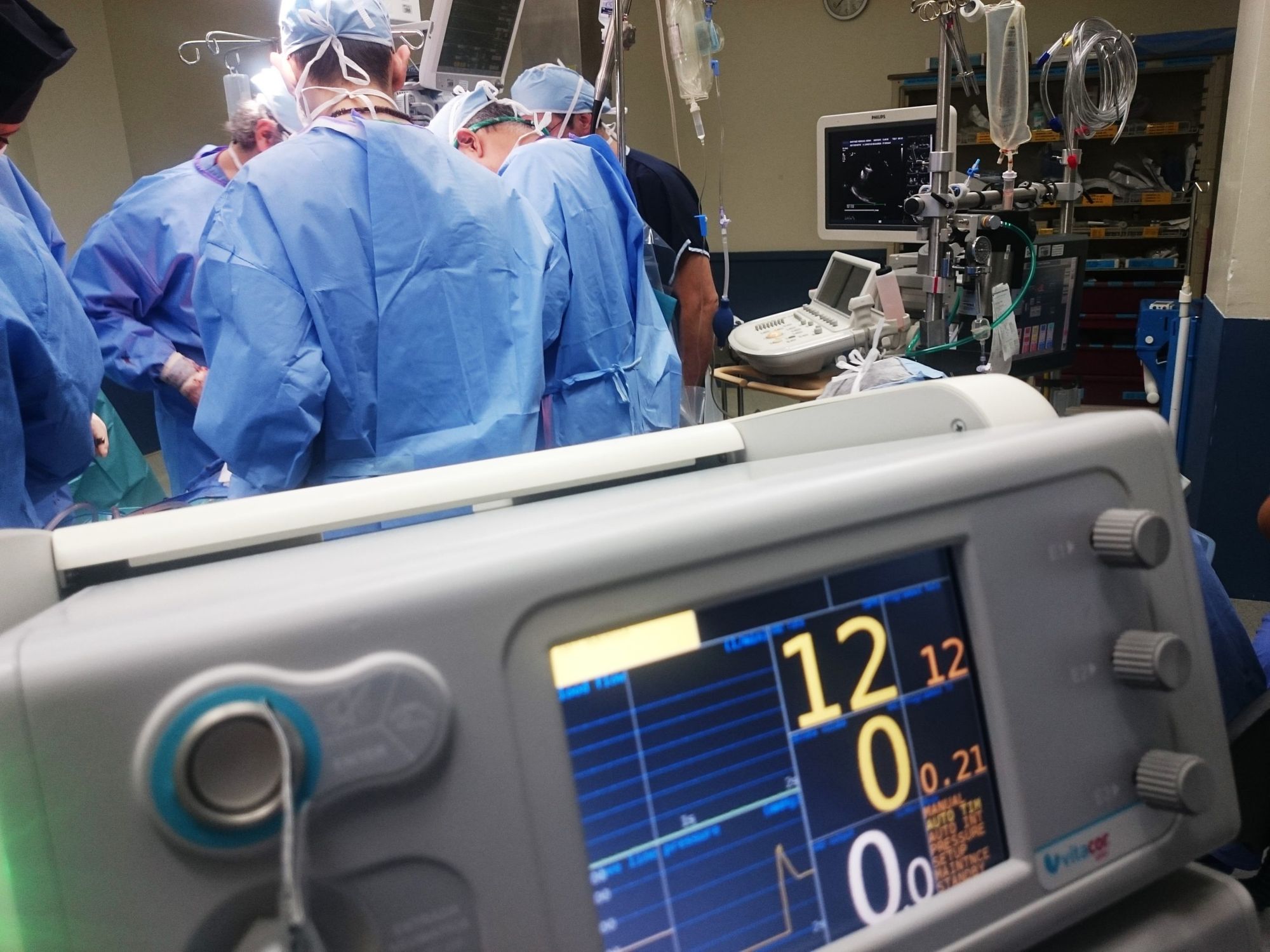“But did you think about how the patient would have felt during all this?” asked my consultant at our end of placement meeting.

Easter vacation and an untimely end to fifth year clinical attachments (thanks, Covid-19!) have given me plenty of time to reflect on something which I’ve perhaps not paid enough attention to in the past. As medical students, we are privileged to be involved in seeing some incredible things on the wards; things that laypeople can’t even dream of. However, how often do we consider the patient’s point of view? This was what my consultant raised at our end of placement meeting after my obstetrics and gynaecology placement.
I had just submitted a reflective piece on a clinical case I had encountered. My reflections revolved around an obstetric emergency: a prolonged labour, fetal distress on the monitors, and then a burst of activity as a senior obstetrician was called in followed by an emergency excursion to the operating theatre. My takeaway from this experience, at the time, was on such matters as team-working, the excitement of obstetrics and the importance of good clinical judgement under pressure. Hadn’t I forgotten something, though? Although the consultant was pleased that I had a productive time with the obstetrics team, she asked me one simple question: “did you consider how the patient felt during all this?” – I hadn’t. In fact, I don’t think I had paid much attention to this side of things, ever.
Which is why I am writing this piece. We wax eloquent on empathy in our personal statements and during interviews but do we really take the time to empathise with our patients? Sure, clinical attachments are invaluable experiences for us medical students but how often do we stop to think about what the patient might be feeling at the time? While for us an “exciting” case is a learning opportunity, there is a vulnerable, probably scared and worried patient in the middle of it all; while I was seeing some incredible emergency obstetrics, there was a distressed patient who in was in pain, worried and frightened for the safety of herself and her unborn child.
Studies have shown that most PALS (patients’ advice and liaison service) complaints are due to issues with “non-technical skills”. I think that being aware of, and bridging this dichotomy of experience is something that will help us be better doctors, and patients will experience better subjective and clinical outcomes.
A few weeks later I was called in for an organ retrieval – where a team goes to another hospital to retrieve the organs from a brain-dead donor in order to use them as transplant grafts. As there was only one other surgeon I was fortunate enough to assist during the retrieval, and even got to perform my first sternotomy (where we open the chest by sawing through the breastbone). This time, before losing myself to the excitement of it all, I took a minute to solemnly reflect on the fact that the donor laying in front of us was a person, had a family, and had a lifetime of memories and experiences. And I slept much better that night.

